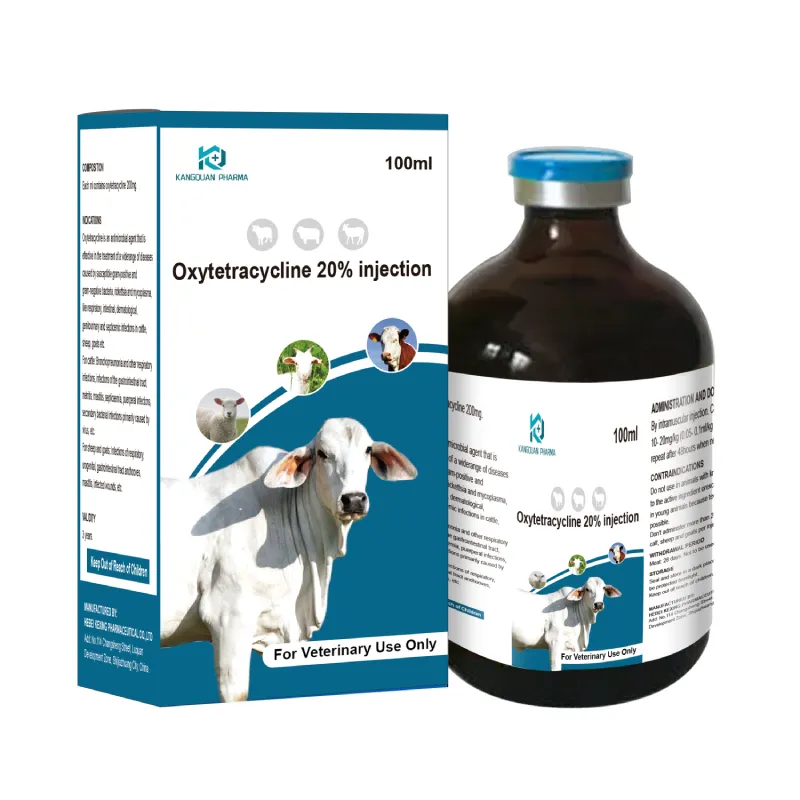- Afrikaans
- Albanian
- Amharic
- Arabic
- Armenian
- Azerbaijani
- Basque
- Belarusian
- Bengali
- Bosnian
- Bulgarian
- Catalan
- Cebuano
- Corsican
- Croatian
- Czech
- Danish
- Dutch
- English
- Esperanto
- Estonian
- Finnish
- French
- Frisian
- Galician
- Georgian
- German
- Greek
- Gujarati
- Haitian Creole
- hausa
- hawaiian
- Hebrew
- Hindi
- Miao
- Hungarian
- Icelandic
- igbo
- Indonesian
- irish
- Italian
- Japanese
- Javanese
- Kannada
- kazakh
- Khmer
- Rwandese
- Korean
- Kurdish
- Kyrgyz
- Lao
- Latin
- Latvian
- Lithuanian
- Luxembourgish
- Macedonian
- Malgashi
- Malay
- Malayalam
- Maltese
- Maori
- Marathi
- Mongolian
- Myanmar
- Nepali
- Norwegian
- Norwegian
- Occitan
- Pashto
- Persian
- Polish
- Portuguese
- Punjabi
- Romanian
- Russian
- Samoan
- Scottish Gaelic
- Serbian
- Sesotho
- Shona
- Sindhi
- Sinhala
- Slovak
- Slovenian
- Somali
- Spanish
- Sundanese
- Swahili
- Swedish
- Tagalog
- Tajik
- Tamil
- Tatar
- Telugu
- Thai
- Turkish
- Turkmen
- Ukrainian
- Urdu
- Uighur
- Uzbek
- Vietnamese
- Welsh
- Bantu
- Yiddish
- Yoruba
- Zulu
Novemba . 26, 2024 03:35 Back to list
Dexamethasone Sodium Phosphate for Clinical Treatment and Application Insights
Understanding Dexamethasone Sodium Phosphate Uses, Benefits, and Considerations
Dexamethasone sodium phosphate is a synthetic corticosteroid that has gained significant attention in both medical and pharmaceutical spheres. As a potent anti-inflammatory, it plays a critical role in the management of various conditions, ranging from allergies to autoimmune diseases. This article will explore the uses, benefits, and important considerations regarding dexamethasone sodium phosphate.
What is Dexamethasone Sodium Phosphate?
Dexamethasone sodium phosphate is a water-soluble, phosphate ester of dexamethasone, which is a type of glucocorticoid. Corticosteroids like dexamethasone are naturally occurring hormones produced by the adrenal glands, essential for regulating metabolism, immune function, and stress responses. The sodium phosphate form enhances the drug's solubility, making it suitable for intravenous and intramuscular administration as well as oral use.
Uses of Dexamethasone Sodium Phosphate
Dexamethasone sodium phosphate is primarily used for its anti-inflammatory and immunosuppressive properties. It is commonly prescribed for conditions such as
1. Allergic Reactions Many patients suffering from severe allergies benefit from dexamethasone. It reduces inflammation and suppresses the immune system's overreaction, effectively managing symptoms.
2. Autoimmune Diseases Conditions like lupus and rheumatoid arthritis often lead to excessive inflammation and pain. Dexamethasone helps manage these symptoms, promoting overall patient comfort.
3. Cancer Treatment In oncology, dexamethasone is utilized to alleviate side effects caused by cancer treatments, including nausea and inflammation. It also has a role in managing certain blood cancers, like leukemia.
dexa sodium phosphate

4. Respiratory Issues Dexamethasone is often used to treat conditions like asthma and chronic obstructive pulmonary disease (COPD) by reducing airway inflammation, resulting in easier breathing for patients.
5. Neurological Conditions In cases of brain swelling or tumors, dexamethasone can be administered to decrease pressure and alleviate symptoms associated with increased intracranial pressure.
Benefits of Dexamethasone Sodium Phosphate
The efficacy of dexamethasone sodium phosphate lies in its ability to provide rapid relief from symptoms due to its fast-acting nature. The drug's anti-inflammatory effects can significantly improve the quality of life for patients suffering from debilitating conditions. Additionally, its versatility as an injectable and oral medication makes it a convenient option for healthcare providers.
Considerations and Side Effects
While dexamethasone sodium phosphate is an invaluable therapeutic agent, it is not devoid of side effects. Prolonged use may lead to issues such as weight gain, hypertension, diabetes, and osteoporosis. Patients may also experience mood changes, increased appetite, or sleeping difficulties. Due to its immunosuppressive properties, individuals taking dexamethasone are at an increased risk of infections.
It is crucial for healthcare providers to carefully monitor patients on dexamethasone to mitigate these risks and side effects. Patients are often advised to follow a tapering schedule to gradually reduce the dosage, rather than stopping abruptly, which can lead to withdrawal symptoms.
Conclusion
Dexamethasone sodium phosphate is a powerful medication with a broad range of applications in treating various medical conditions. While its benefits are substantial, it is essential for both patients and healthcare providers to understand the potential side effects and management strategies. With careful monitoring and appropriate usage, dexamethasone sodium phosphate can significantly enhance patient outcomes, providing much-needed relief from inflammatory and autoimmune disorders. As medical research continues to evolve, further studies are expected to optimize its use and expand our understanding of its therapeutic potential.
-
Guide to Oxytetracycline Injection
NewsMar.27,2025
-
Guide to Colistin Sulphate
NewsMar.27,2025
-
Gentamicin Sulfate: Uses, Price, And Key Information
NewsMar.27,2025
-
Enrofloxacin Injection: Uses, Price, And Supplier Information
NewsMar.27,2025
-
Dexamethasone Sodium Phosphate Injection: Uses, Price, And Key Information
NewsMar.27,2025
-
Albendazole Tablet: Uses, Dosage, Cost, And Key Information
NewsMar.27,2025













